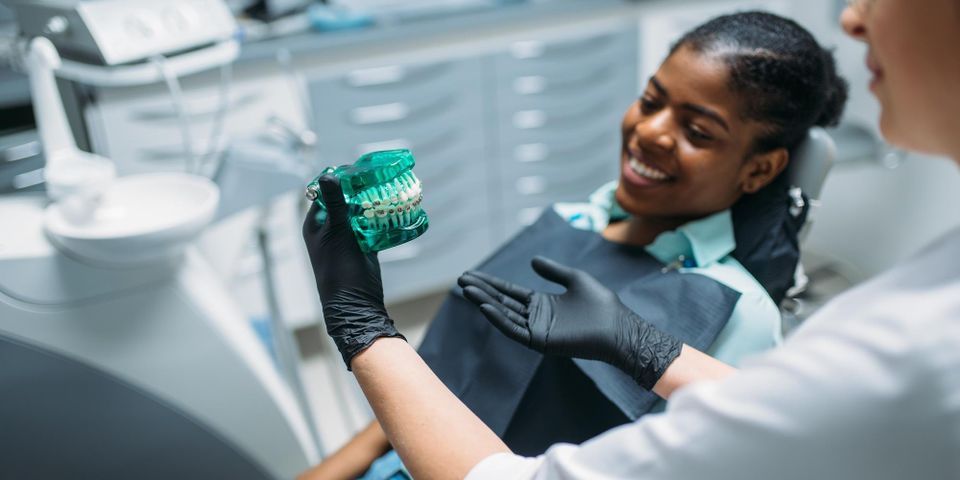
When visiting the dentist, it’s surprising how much they can learn from you by looking at your mouth. Not only can they see how well you brush, but they'll also be able to tell if you bite your nails or chew ice, both habits that can damage dental enamel. Furthermore, these tendencies can lead to bruxism, a condition explained in the guide below.
What Is Bruxism?
Bruxing is the act of clenching or grinding your teeth together. It's used to be looked at as a sign of stress and emotional tension. This was described as an unconscious habit, and can even happen in your sleep, so treating it isn't just a matter of choosing to un-clench your jaw. The reality is there are two different times when we clench our teeth. One during the night and the other during the day which is a response to stress. Nighttime bruxism is a result of decreased airflow into your lungs.
Why Is Bruxism a Problem?
Decreased airflow into the lungs over time leads to major illnesses including sleep apnea, high blood pressure, atrial fibrillation, etc. Prolonged time without a breath is called apnea. When you finally get that breath, the jaws close in response when exhaling and the teeth crash together and move side to side. When you grind your teeth together excessively, their enamel surfaces begin to wear away, sometimes enough to expose the underlying dentin. This pressure can also cause chips and cracks in the teeth, and can wiggle teeth loose from their sockets, causing misalignment issues that must be fixed with professional teeth straightening from the dentist. Meanwhile, having the jaw muscles constantly at work leads to temporomandibular joint (TMJ) disorder, which causes pain and incorrect movement in the jaw, neck, and head. Remember grinding and clenching at night comes from decreased airflow during sleep.
How Can I Prevent Bruxism?
You may be able to reduce the amount of teeth grinding you do during the day by paying attention to your habits and taking steps to relieve the stress that causes them. However, the most direct treatment is to ask your dentist for a night guard. While a night guard is truly a Band-Aid for the problem a proper work up to see where the bruxism is coming from is warranted. The fact is, sleep quality is and should be paramount in the basics of what we as humans need to survive. Getting enough oxygen to all the living parts of the body is crucial for proper maintenance of the body. When having decreased amounts of oxygen, the body responds over time in a very negative way leading eventually to life threatening events. This customized dental appliance is worn while sleeping and prevents teeth from coming into contact with each other. Some patients find relief from a bite splint as the appliance increases the area in the oral cavity to breathe leading to a better night’s sleep.
If you need treatment for bruxism, make an appointment with the staff at Peter A. McIntyre, DDS, PC. Based in Colorado Springs, CO, and serving patients from El Paso County, this team of skilled dentists has over three decades of experience in general and emergency dentistry to keep your mouth healthy and free of disease and injuries. They are also committed to continuing education in order to provide their patients with the most current treatment options. To schedule an appointment, call (719) 475-2511 or send a message online.
About the Business
Have a question? Ask the experts!
Send your question

